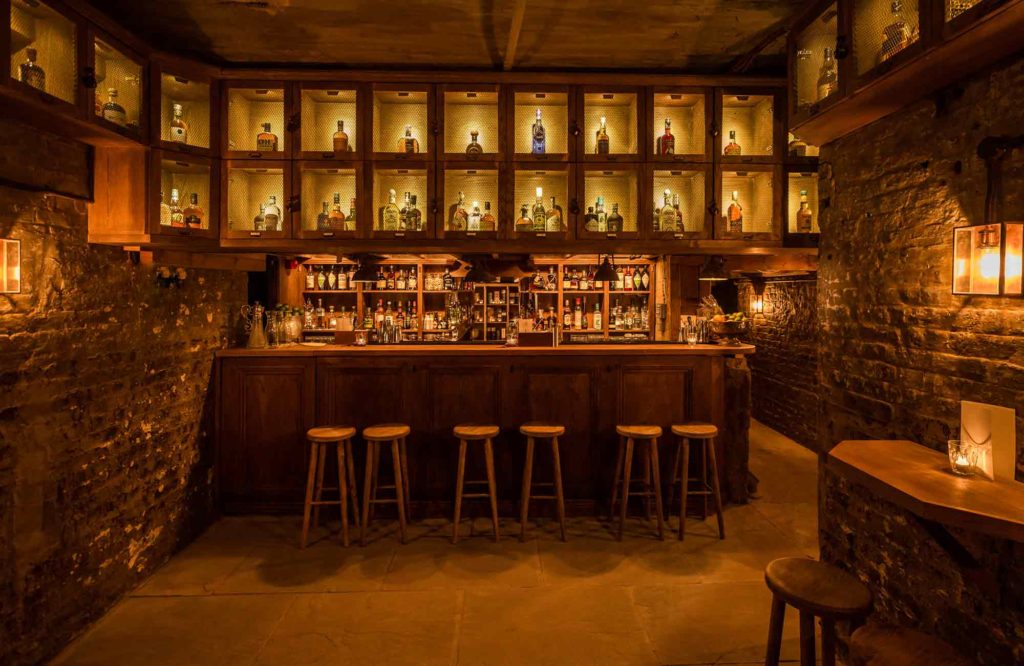Matt Armitage - Umbrella Brewing Interview
We sat down in our subterranean cocktail bar in Shoreditch with our good friend Matt Armitage, from Umbrella Brewing in Holloway, to talk ginger beer, the trials and tribulations of being an independent brewer in 2018 London, how having your own brewery is definitely an upgrade on the kitchen, and how not to transport steel fermenters.
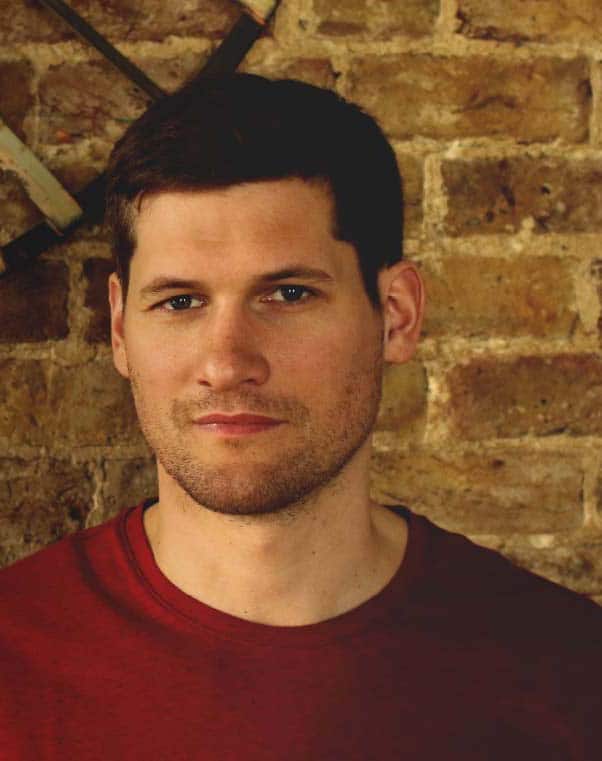
So if you could just start by giving us your name and a brief roundup of your roles and responsibilities within Umbrella.
I’m Matt Armitage and I’m one of the directors of Umbrella Brewing. I’m also the head brewer. As we’re a small, independent brewery my time is spread across many aspects of the business; I do everything from deliveries, sales, to brand management, account management, logistics and, of course, actually making the product itself.
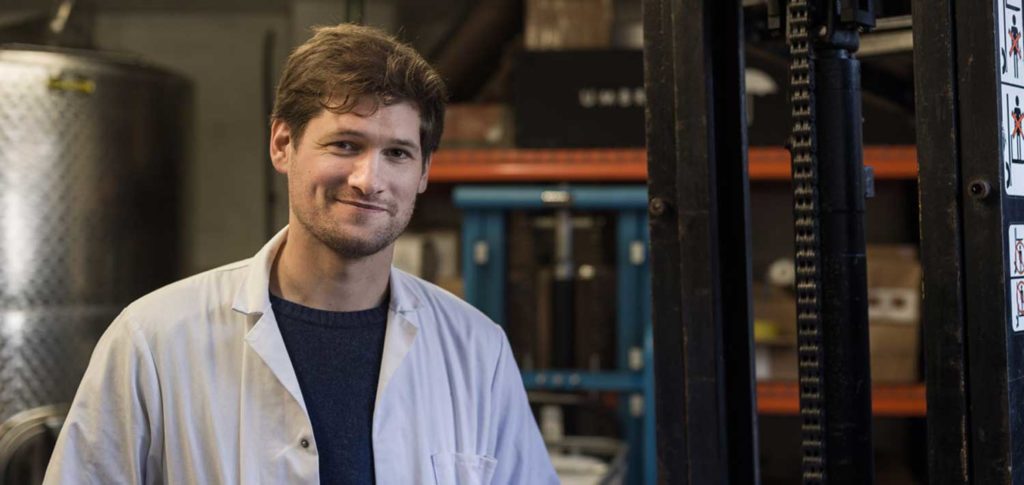
Tell us a bit more about yourself, what got you into the brewing industry initially?
I was working in cocktail bars for a long time. I started off in a Vodka Revolution up in Huddersfield at the age of 19, and eventually worked my way up to the best cocktail bars in London, taking part in – and more importantly winning – cocktail competitions by the time I was 26 or so. Despite this I always wanted to have my own business. However, I didn’t have the relatively substantial capital needed to start my own bar, so I decided to start small. I set up a coffee and soft drinks business initially, and traded at markets in and around south London – where I was living at the time. I spent many hours making drinks in my kitchen, which I would then sell at markets. Initially it was similar to making cocktails – extracting juices, making syrups, blending them all together, and then force carbonating them in a soda syphon.
Quickly I realised that selling bottled drinks that would go off after two or three days wasn’t sustainable, so I decided it was necessary to learn about preservation techniques. I went out and bought the most expensive and impenetrable book of my life: “Pasteurisation: A Food Industry Practical Guide, Second Edition”, which set me back a staggering £150. Having the word ‘Practical’ in the title was a bit of a misnomer, but I managed to get through it eventually and I applied everything I had learned to creating a new range of soft drinks with a best before date of over 12 months. This meant that I moved on from selling at the markets to getting into bars and restaurants.

“I decided to start small, setting up a coffee and soft drinks business and trading at markets in and around south London..”
So it was all very much self-taught then?
Mainly, yes, but unfortunately my self-education wasn’t enough. I didn’t have the money to buy time-saving equipment or invest in a commercial space – and by this time my housemates were sick and tired of me juicing fruit in our kitchen at all hours! Luckily for me, during this period I ended up working with Steve and Ali, who were doing their cocktail masterclasses at the time, many of whichI taught in the evenings to subsidise my living in London.
I decided the soft drinks weren’t going anywhere fast, so I gave it up and worked for a bottled cocktail company that one of my friends had started. This allowed me a little more time to focus on one of my hobbies – home brewing. One of my favourite drinks of all time is ginger beer. There are many recipes you can follow online, but none of them seemed to me to unlock the potential that this already-wonderful could posses, once all the nuanced flavours bought about by alcohol fermentation were properly coaxed into being. Anyway, I came up with a recipe for a ginger beer that I thought was absolutely banging and I pitched the idea of making it a business to my friends Steve, Ali and Andy – who had just set up their bars The Sun Tavern and Discount Suit Company. They said yes, and so we started Umbrella Brewing.
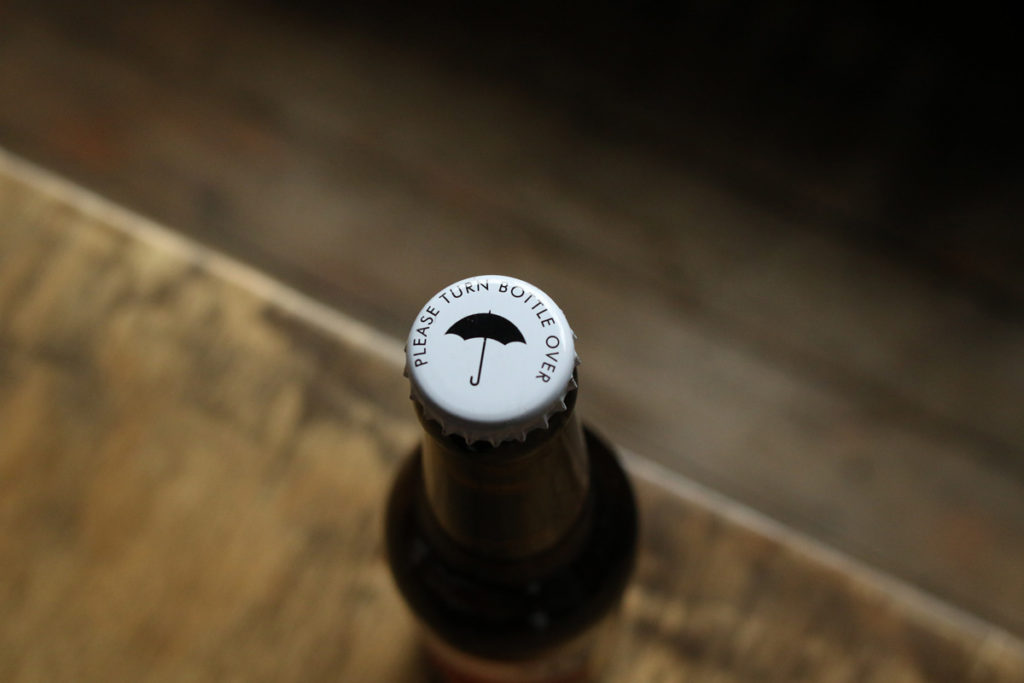
I spotted that it ways ‘Please Turn Bottle Over’ on the bottle cap these days – what’s the thinking behind this? For the Umbrella novice this may appear a little counter-intuitive.
The ginger beer is made using only natural ingredients: freshly pressed root ginger, freshly squeezed lemon juice, cane sugar and malted barley. To that we add yeast, which ferments the sugar into alcohol. It’s all very simple and very natural. However, because we use natural ginger root, there is some inevitable natural sediment which falls to the bottom of each bottle. You just need to turn the bottle over in order to wake it up.
So what are some of the pros and cons that come with producing small-batch craft beer as you do?
One of the issues is that it increases the potential for inconsistency. Because we’re processing all the ingredients ourselves, and sometimes they’re not available from the same country you bought them from a few months ago, there are inevitably differences in flavour. This is an issue with ginger, more so. Although it is usually sourced from the same general area, the concentration of heat locked into the ginger varies depending on what time of year you get it, so there are some elements of change within the ginger beer. Or, I should say, at least there were – we have recently developed a strict tasting control system to address this.
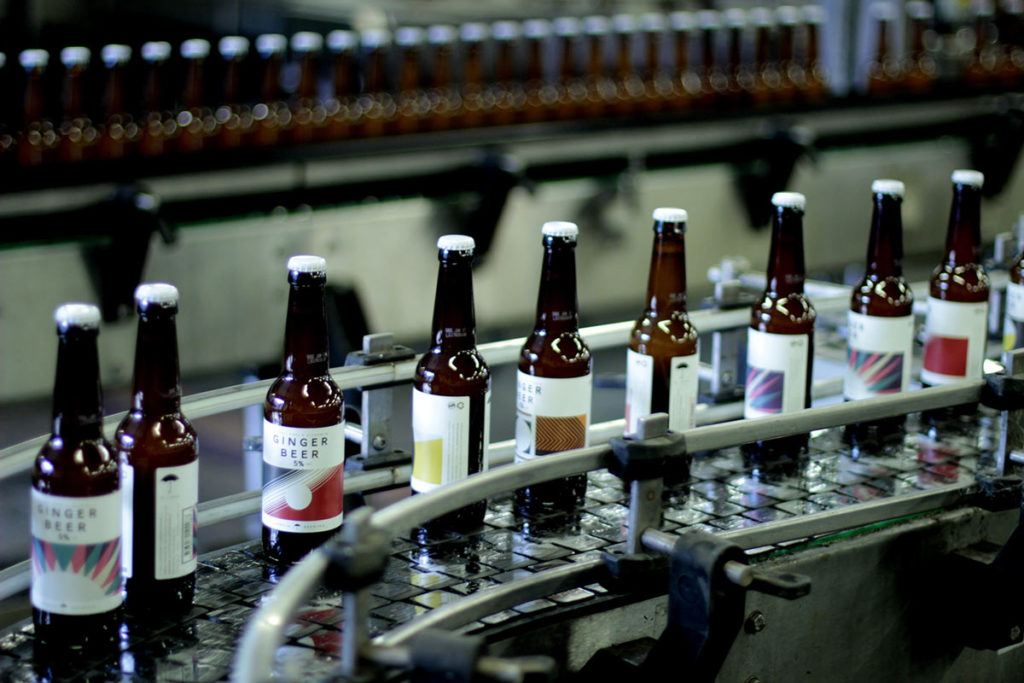
“The ginger beer is made using only natural ingredients: freshly pressed root ginger, freshly squeezed lemon juice, cane sugar and malted barley.”
Obviously the taste is the main selling point for me and many others, but I think another strength you guys have is your label art. – what was the inspiration for these? You could’ve just reproduced the same label and changed it every 5 years or so like other brands.
Basically we wanted to work with cool people who do cool things. We realised that with the label we had a potential collaborative space, where we could work with many different artists and designers. In the digital era, a lot of design is only seen for a few seconds at a time on a screen, so we wanted to provide people with something tactile, something that they can hold in their hand for a while, and that they might even want to collect.
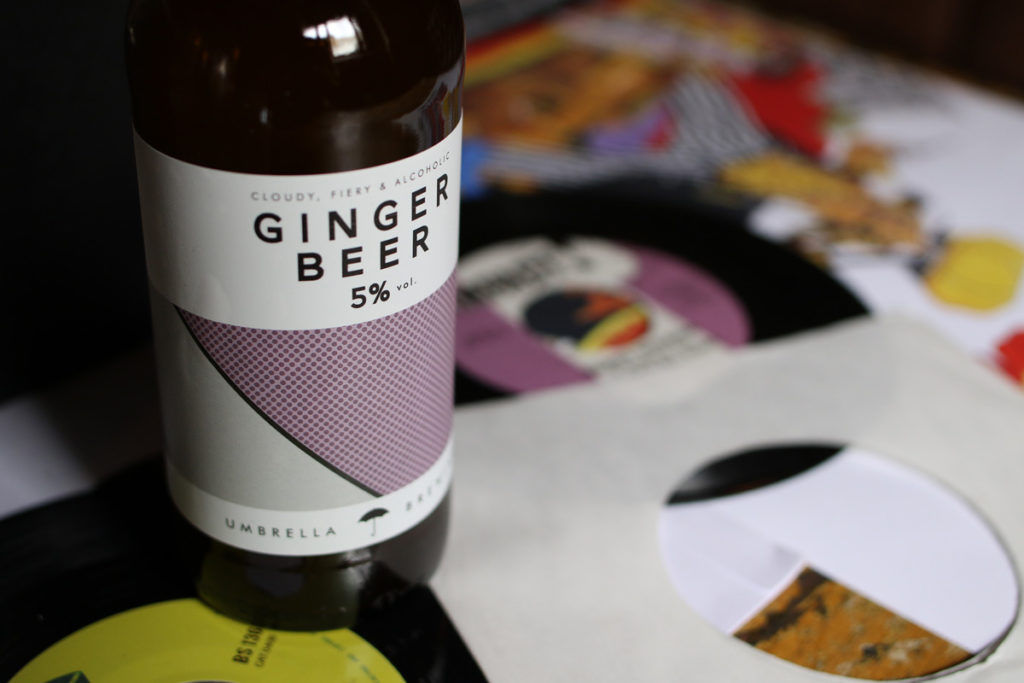
So it’s been over a year since you moved into your new brewery on Holloway Road. How was that whole process of setting up? Any unforseen complications?
Many, yeah haha! The space we moved in to was an old Victorian industrial building, and had been in use as a car garage by the previous owners. It hadn’t been occupied for some time though, probably because it has suffered a fire and it didn’t have a roof. It was pretty dilapidated. Even though we set up the company in 2015, the first year was spent rebuilding that space on a shoestring budget and we ended up doing much of the work ourselves. We had to rebuild the floor upstairs, clad everything to make it hygiene, and bring all these brewing tanks in.
One unforeseen circumstance involved the tanks themselves – and I’m not sure if you’ve seen brewing tanks but they’re not small. They’re made completely out of stainless steel and they have brackets fixed to the top so you can lift them with a crane. Anyway, we bought them from Germany and we couldn’t figure out exactly when they were meant to turn up, because there was a bit of a language barrier. One day, out of the blue, they just turned up on this huge arctic lorry and we were completely unprepared. They told us we could lift the tanks off with a crane – we didn’t have a crane – or we could take it off with a forklift – which we didn’t have either. So in the end Ali had to jump into the cabin of this arctic lorry, and direct the poor guy through the narrow streets of Holloway to a builders’ merchants, who kindly lent us their forklift to lift off the tanks. Then, to transport them, we used a tiny pump truck, pulling the tanks down the main road with six of us holding on for dear life. Looking back it was funny, but at the time it was a pretty heart-in-mouth moment!
“What I would like Umbrella Brewing to be is a British brewery that makes many different British drinks – we don’t plan on just making ginger beer.”
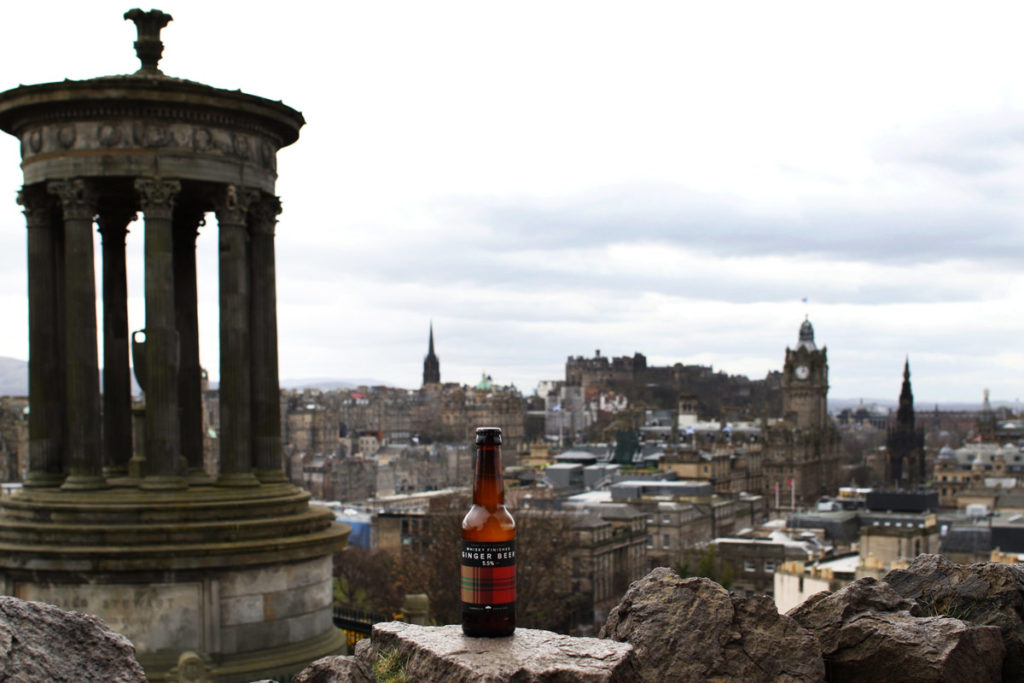
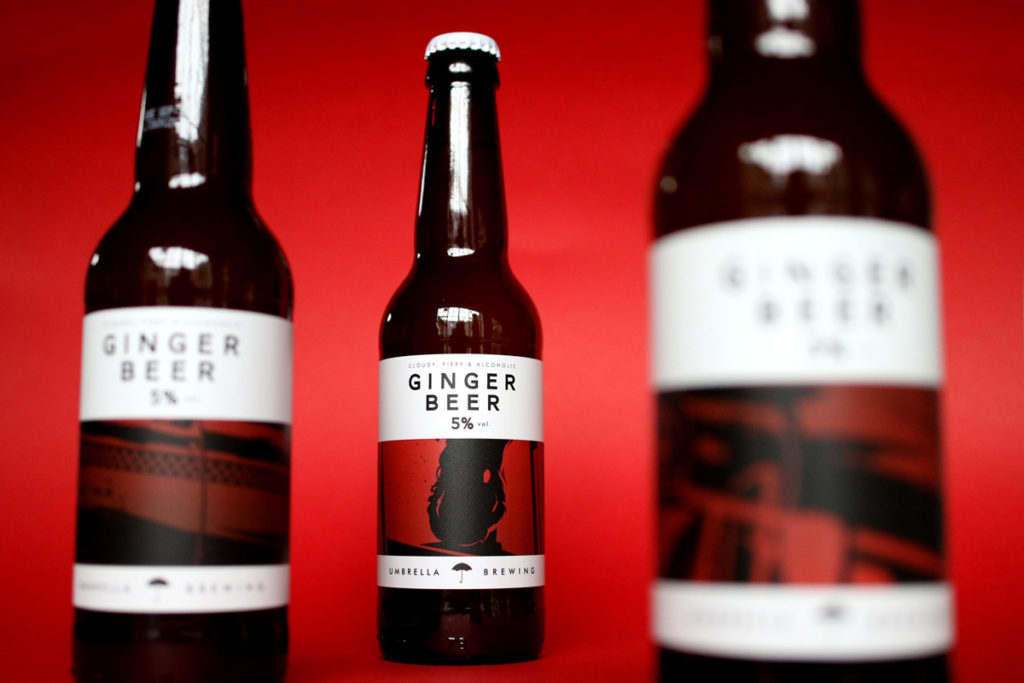
Understandably! So have you got any projects or collaborations going on at the moment or in the pipeline that you simply have to tell the world about?
There’s a few actually. We’ve got a couple of new products coming up. What I would like Umbrella Brewing to be is a British brewery that makes many different British drinks – we don’t plan on just making ginger beer. We’re now looking into ciders, well to be honest I’ve been making cider behind the scenes for a couple of years, but hopefully there’ll be some movement on that in the spring. On top of that, in terms of collaborations, we’re planning on doing some more barrel ageing with some other whisky brands after our successful experiment with Dewar’s last year – although nothing is confirmed yet.
